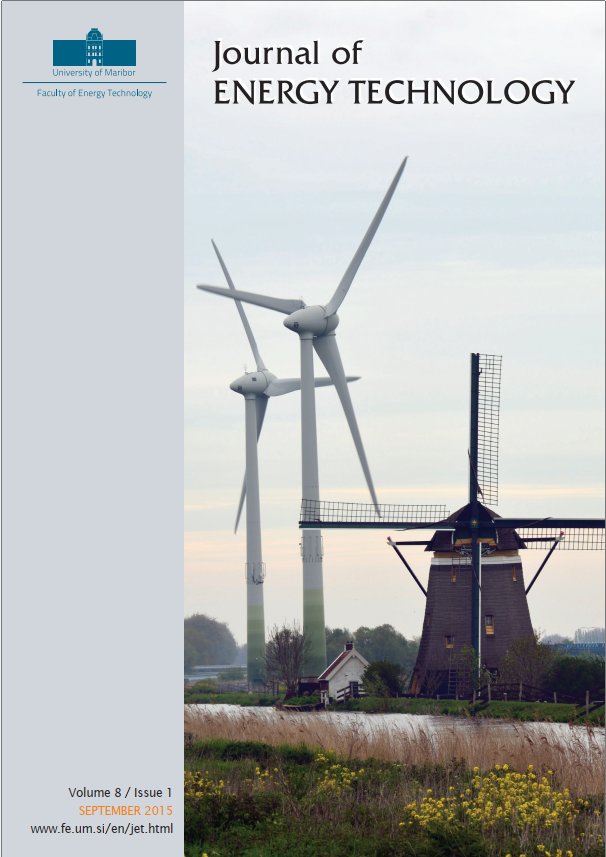BUSINESS MODELS FOR ENERGY PERFORMANCE CONTRACTING
DOI:
https://doi.org/10.18690/jet.8.1.63-78.2015Keywords:
Energy performance contracting, investment, energy efficiency, sustainable development, business model, building renovationAbstract
Energy performance contracting is a financial mechanism that can be used to jointly address the issues of increasing energy independence, as well as reducing greenhouse gas emissions and energy
consumption. Moreover, energy performance contracting could substantially contribute in engaging socio-economic issues in parallel, including economic growth, job creation, social cohesion and other aspects relevant to sustainable development. This article will attempt to demonstrate the specifics of different EPC business models and how they can contribute to ambitious energy-saving targets for the year 2050.
Downloads
References
Jens. Laustsen; Paul. Ruyssevelt; Dan. Staniaszek; David. Strong: Europe’s buildings under the microscope - A country-by-country review of the energy performance of buildings, Buildings Performance Institute Europe (BPIE), 2011
Ministrstvo za infrastrukturo: Dolgoročna strategija za spodbujanje naložb energetske prenove stavb, Portal Energetika, 2015
Konstanze. Stein: Description of identified EPC business models, provided within EnPC INTRANS EU project.
Thomas. Boermans, Kjell. Bettgenhäuser, Markus. Offermann, Sven. Schimschar: Renovation Tracks for Europe up to 2050: Building renovation in Europe – what are the choices, Ecofys, 2012
Forschungszentrum Jülich: Impact on public budgets of kfw promotional programmes in the field of energy-efficient building and rehabilitation, KfW Bankengruppe, 2011
Arthur. Neslen: EU’s energy efficiency review puts high target on agenda, EurActiv website, 2014
Maria. van der Hoeven: Energy efficiency market report 2013 - Market Trends and Medium Term Prospects, International Energy agency, 2013
